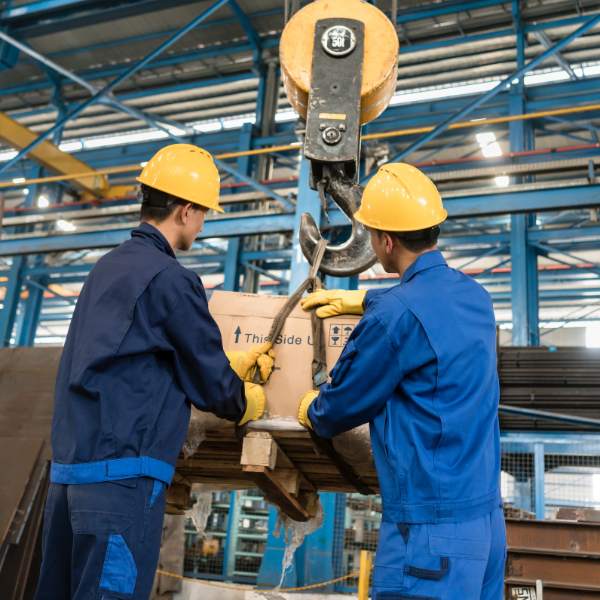Fire Hazard Anker Power Bank Recall is a Workplace Wake Up Call
What You Really Need to Know
The Shocking Truth About Power Bank Hazards
In the world of tech accessories, few names are as recognised and trusted as Anker. That is why the recent major recall of their 321 Power Banks (PowerCore 5K) due to fire and burn hazards has sent a shockwave through the industry and into every workplace and home. When a brand synonymous with quality has a critical safety failure, it serves as a powerful and urgent reminder: brand reputation is no guarantee of electrical safety.
This is not just a consumer issue; it is a critical wake-up call for every single business in Ireland. In today’s hyper-connected world, devices like power banks, chargers, and personal electronics are ubiquitous in our offices and remote workspaces. This incident fundamentally challenges our assumptions about safety and highlights the non-negotiable need for vigilance, proper procedures, and expert training.
This essential guide will break down what this recall means for your legal obligations as an employer, the hidden dangers lurking on your employees’ desks, and the proactive steps you must take to protect your people and your premises.
The Hidden Danger Understanding the Risk in Your Pocket
The recall, issued by product safety commissions, including the U.S. CPSC, concerns the lithium-ion battery inside the power bank, which can overheat and ignite, posing serious fire and burn hazards. This is not a problem unique to Anker; it is an inherent risk in the high-energy-density batteries that power our modern lives.
The key takeaway for businesses is that every portable electronic device be it a power bank, laptop, or smartphone is a potential fire risk if it is faulty, damaged, or used incorrectly. With dozens, if not hundreds, of these devices being charged daily in a typical office, the cumulative risk is significant.
Your Legal Duty: The Workplace is Not Immune
It is a dangerous misconception to view a power bank or a phone charger as a “personal item” outside an employer’s responsibility. Under the Irish Safety, Health and Welfare at Work Act 2005, your ‘duty of care’ extends to ensuring a safe work environment. This includes protecting employees from the risks posed by any electrical equipment used on your premises or for work purposes.
The Health and Safety Authority (HSA) is unequivocal that electricity is a major cause of workplace accidents. This responsibility covers:
- Company-issued equipment: Laptops, phones, and their chargers.
- Employee-owned equipment: Personal mobile phones, chargers, and power banks used to support work activities (e.g., keeping a work phone charged).
- The electrical installation itself: Sockets, wiring, and circuits.
The Anker recall proves that simply trusting a well-known brand is not a valid safety strategy. A proactive, documented system for managing electrical risk is a legal necessity.
The Action Plan: A Proactive Electrical Safety Programme
Trusting in brands has been proven insufficient. Hope is not a strategy. A systematic approach is the only way to manage this pervasive risk.
1. The Critical Role of PAT Testing
Portable Appliance Testing (PAT) is the process of periodically inspecting and testing electrical appliances to ensure they are safe. This is your first and most important line of defence.
- What needs testing? Anything that plugs into a socket. This includes laptop chargers, extension leads, monitors, kettles, and critically, any phone chargers or power banks that are regularly used on site.
- Why is it essential? PAT testing can identify issues like damaged cables, faulty wiring, or internal faults that are not visible to the naked eye the very kinds of issues that can lead to overheating and fire. It provides a formal record that you are actively managing electrical risk.
2. Implement a Robust Charging and Device Policy
Your business needs a clear, written policy that is communicated to all staff. This is not about being restrictive; it is about creating a safe culture. Your policy should include:
- No Overnight Charging: Prohibit the leaving of any personal devices charging in the office overnight.
- Inspect for Damage: Require employees to visually inspect cables and plugs for damage (fraying, bent pins) and to report any faults immediately.
- Use Original Equipment: Strongly recommend the use of original manufacturer-supplied chargers and cables.
- Purchase from Reputable Sources: Advise staff against using cheap, uncertified chargers and power banks, which often lack essential safety features.
3. Empower Your Team Through Expert Training
A policy is only effective if your team understands the “why” behind it. Awareness training is the key to creating a vigilant culture where every employee is a safety advocate. Expert-led Electrical Safety Training empowers your staff to:
- Recognise common electrical hazards.
- Understand the risks of lithium-ion batteries.
- Know how to safely use electrical equipment.
- Feel confident in reporting potential issues before they become incidents.
This training transforms your safety policy from a document on a server into a lived, daily practice. It is the single most effective way to ensure the lessons from the Anker recall are learned and applied across your entire organisation.
Build a Resilient Safety Culture with Acornstar
- The Anker recall is a powerful, real-world lesson: even the best brands can fail, and electrical safety requires constant vigilance. Relying on brand trust alone is a gamble you cannot afford to take with the safety of your people and your business.
A proactive approach, combining robust policies, regular PAT testing, and expert-led training, is the only way to manage this ever-present risk effectively. If this incident has highlighted potential gaps in your electrical safety procedures, the time to act is now.
Acornstar provides comprehensive Electrical Safety Training courses designed to equip your team with the knowledge and confidence to work safely. Contact us today to build a resilient safety culture that protects your business from the ground up.

The High Cost of Gravity Why HSENI is Targeting Falls in Construction and Farming
The High Cost of Gravity Why HSENI is Targeting Falls in Construction and Farming What You Really Need to Know In the high-risk industries of construction and agriculture, the most persistent and deadly hazard remains the oldest one: gravity. Despite stringent...

Safety First What the New EU Toy Safety Regulation Means for UK and Irish Businesses
Safety First What the New EU Toy Safety Regulation Means for UK and Irish Businesses What You Really Need to Know Introduction On 13 October 2025, the Council of the EU approved its position on a new Toy Safety Regulation that will replace Directive 2009/48/EC. The...

What the ISO 9001 and ISO 14001 Revisions Mean
The Future of HSEQ What the ISO 9001 and ISO 14001 Revisions Mean for UK and Irish Businesses What You Really Need to Know Introduction In the realm of Health, Safety, Environment, and Quality (HSEQ), standing still is never an option. The global standards that...
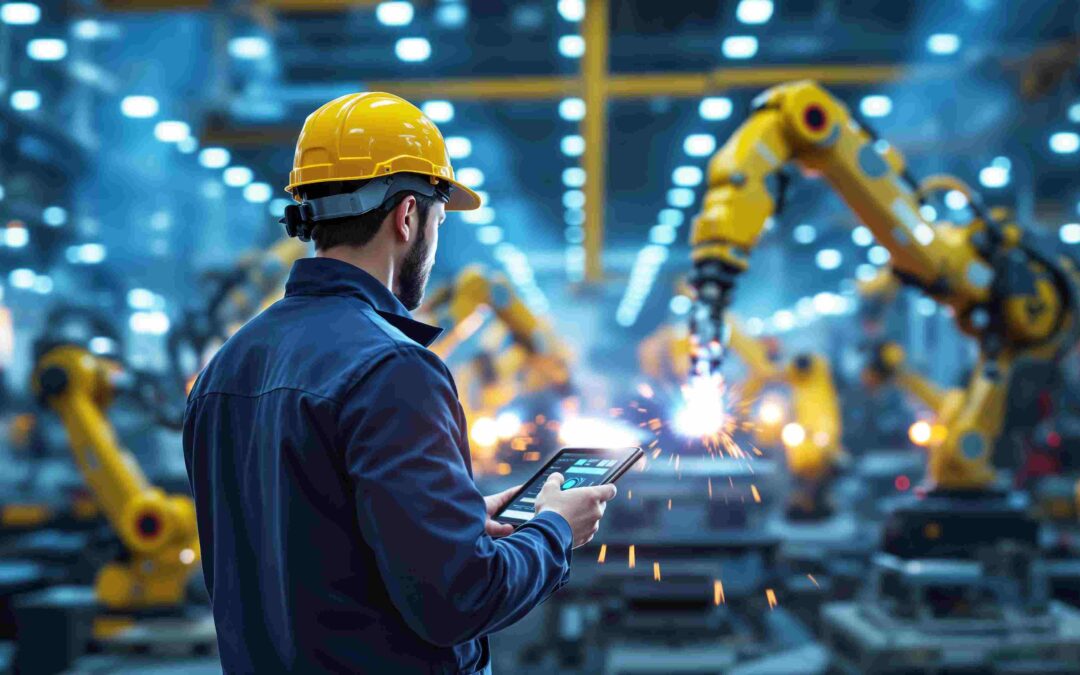
The AI Revolution in HSEQ What the EU’s “AI Factories” Mean for UK and Irish Businesses
The AI Revolution in HSEQ What the EU’s AI Factories Mean for UK and Irish Businesses What You Really Need to Know Introduction Artificial Intelligence (AI) is rapidly moving from a buzzword to an essential operational tool. A recent announcement from the European...
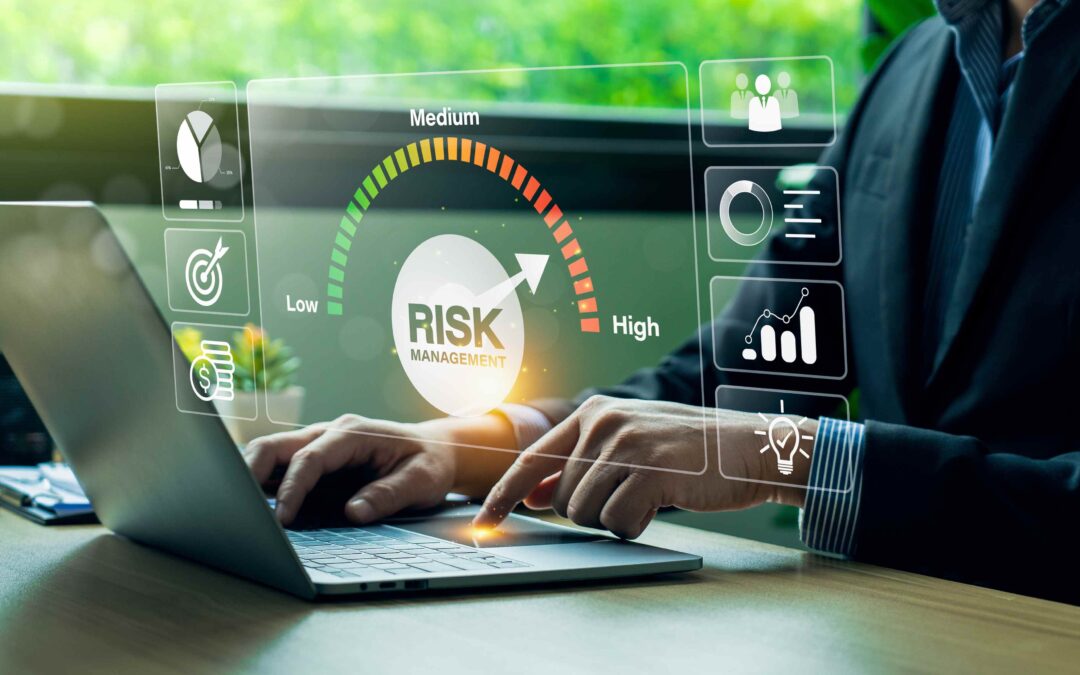
All-Island Alert Safety Authorities Launch Campaign Targeting Deadly Falls
All-Island Alert Safety Authorities Launch Campaign Targeting Deadly Falls What You Really Need to Know Introduction In a major cross-border initiative, the Health and Safety Authority (HSA) in Ireland and the Health and Safety Executive for Northern Ireland (HSENI)...

The Trojan Horse on Wheels Why a UK Scooter Recall is a Major Safety Warning for Irish Businesses
The Trojan Horse on Wheels. Why a UK Scooter Recall is a Major Irish Safety Warning What You Really Need to Know Lessons from a Critical Electrical Safety Failure In the world of workplace safety, the most serious threats often arrive in the most unassuming packages....
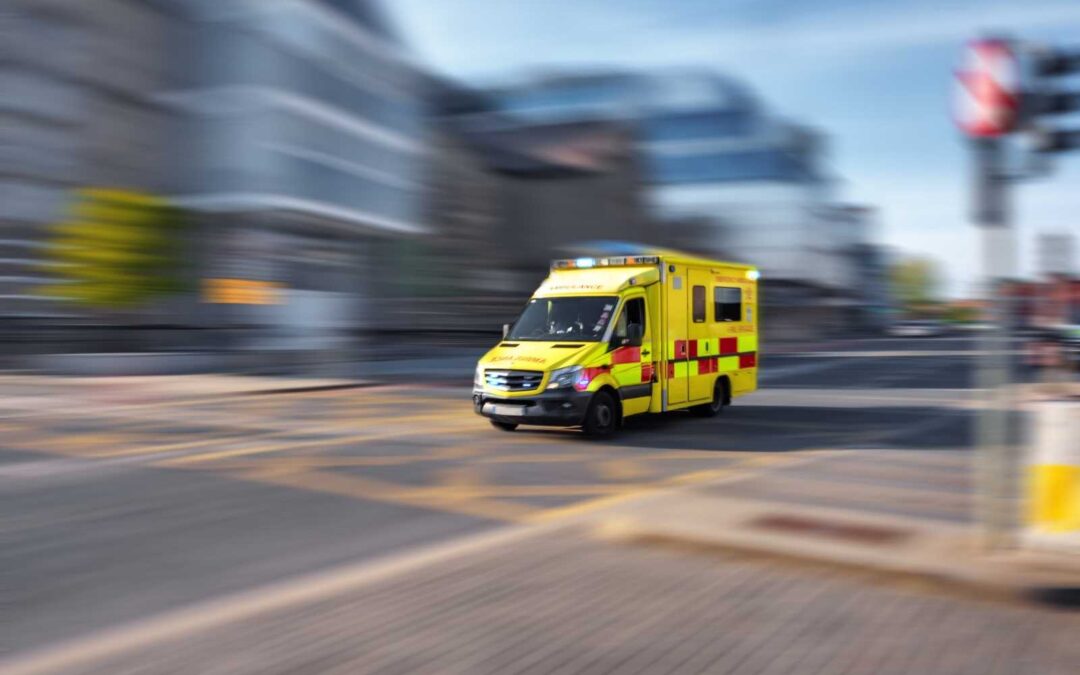
Ireland’s New Emergency Network Is Your Lone Worker Safety Plan Still Fit for Purpose?
National Safety Boost Irish Government Launches New Emergency System What You Really Need to Know Enhancing Emergency Services Response Across Ireland In a major step forward for national safety, the Irish Government has announced the launch of a new, state-of-the-art...

The Human Cost of Tech Is Your Irish Workplace Ready for the EU’s Digital Safety Focus?
What EU-OSHA's Seminar Means for Human Factors in Digital Workplaces. What You Really Need to Know Introduction On October 10th, 2025, Europe’s top safety experts will gather for a crucial online seminar hosted by the European Agency for Safety and Health at...
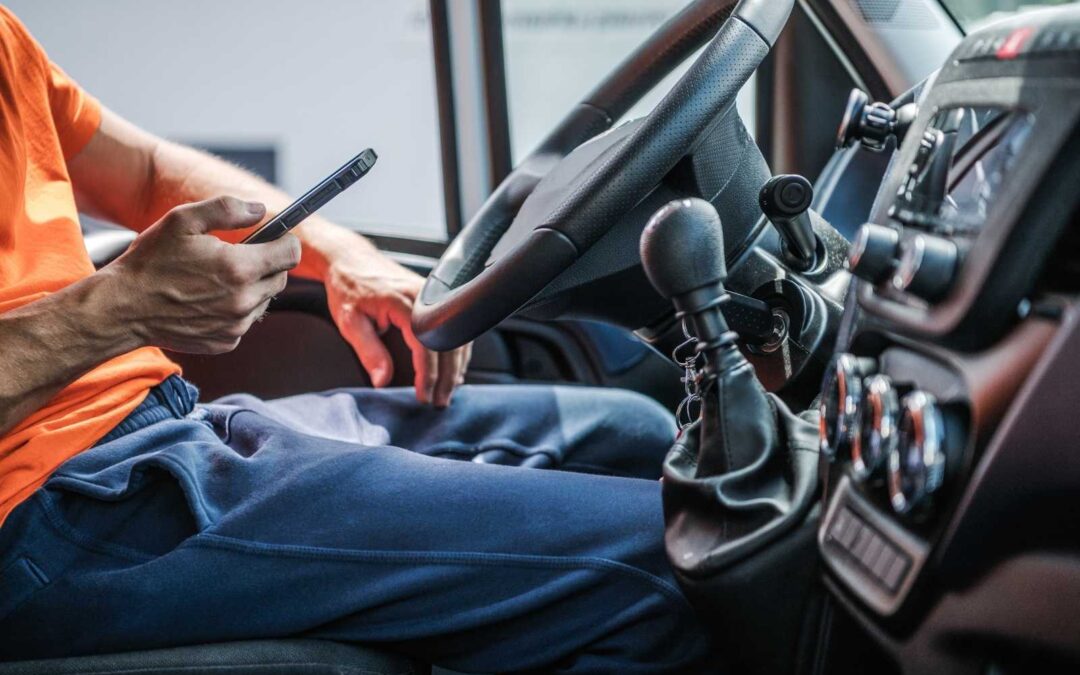
Beyond the Award Are You a ‘Leading Light’ in Driving for Work Safety?
Why the EPA’s 2025 Air Quality Report is a Wake-Up Call for Irish Businesses What You Really Need to Know Introduction Every year, the Road Safety Authority (RSA) shines a spotlight on the individuals, communities, and organisations making a real difference on our...
URGENT New Irish Safety Laws for Manual Handling & Work at Height Effective November 1st
Why the EPA’s 2025 Air Quality Report is a Wake-Up Call for Irish Businesses What You Really Need to Know Introduction In a significant development for workplace safety in Ireland, Minister of State Alan Dillon has signed major new regulations into law, updating the...





